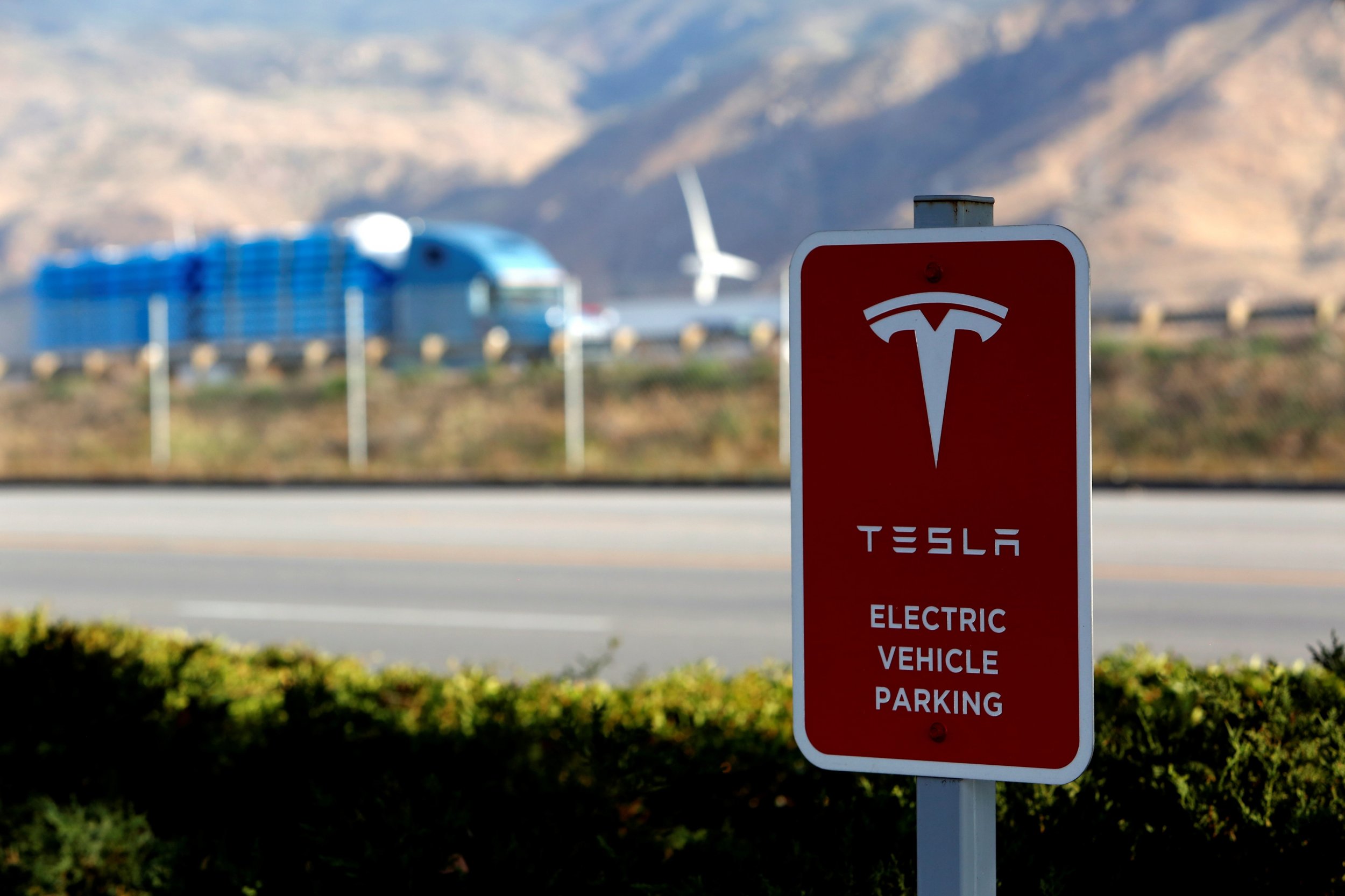
Ten years ago, Elon Musk laid out his "master plan." The billionaire polymath had already founded and sold the hugely successful payments platform PayPal and was busy working on perhaps his most ambitious venture: Tesla Motors.
In a blog posted to the startup's website on August 2, 2006, Musk summed up his plan as follows:
"Build sports car
Use that money to build an affordable car
Use that money to build an even more affordable car
While doing above, also provide zero emission electric power generation options
Don't tell anyone."
The plan's simplicity masked its implausibility. Musk believed the chances of creating a successful car company—let alone an electric car company—in the 21st century were slim. So slim, in fact, that he refused to accept investors' money and instead used the money he had made from PayPal to fund the startup. A decade later, the plan is almost complete and Tesla has a market capitalization of $33 billion.
But Musk's master plan, it turns out, was only part one. On Wednesday, he posted a new blog to the company's website titled "Master Plan, Part Deux," laying out his vision of a sustainable, sharing, self-driving future.
Finishing off the plan while listening to the soundtrack from Gatsby. Seems appropriate...
— Elon Musk (@elonmusk) July 20, 2016
Interestingly, the latest blog post comes two days after Tesla Motors changed its web address from teslamotors.com to tesla.com—a move that some have suggested is as significant as when Apple Computer became simply Apple. On that day in 2007, Apple unveiled the first iPhone in what was the first major leap into becoming the multi-faceted technology company that it is today.
And if Musk's latest master plan is fulfilled, then electric cars are just the beginning. Like the first, he sums it up succinctly:
"Create stunning solar roofs with seamlessly integrated battery storage
Expand the electric vehicle product line to address all major segments
Develop a self-driving capability that is 10X safer than manual via massive fleet learning
Enable your car to make money for you when you aren't using it."
The first part of this may already be close to completion, after Tesla appears to be near to incorporating another of Musk's companies—SolarCity—to form a clean energy powerhouse. The $2.8 billion takeover deal was first brought up by Musk last month in a phone call to reporters, in which he described it as a "no brainer."
Alongside electric cars, Tesla also produces Powerwall battery packs that are designed as a solution to home energy storage. By combining SolarCity's solar panels with Tesla's Powerwall batteries, homes would no longer need to resort to fossil fuels when there isn't enough sun to meet energy demand.
The next part of the plan is where things get a bit more complicated. Musk wants to expand Tesla "to cover the major forms of terrestrial transport," which is his way of saying buses and trucks. What's more, Musk thinks that advances in self-driving technology mean that bus drivers will instead be fleet managers, eliminating both pollution and traffic congestion in a single paragraph of his proposal.
Tesla has faced criticism in recent weeks after a crash involving one of its vehicles operating in Autopilot mode resulted in a fatality. It was the first recorded death of an occupant of a self-driving car and inevitably caused many questions to be raised about the safety of autonomous driving. But crash statistics suggest that the Autopilot mode is significantly safer than a human driving. To delay its development, Musk therefore claims, would be "morally reprehensible."
The final part of Musk's vision is for these self-driving cars to ultimately act as autonomous taxis, capable of being summoned at the tap of a phone screen. Anyone's car can be added to the shared fleet, allowing them to make money from their vehicle when they are not using it. Imagine Uber and Airbnb rolled into one.
Like the first master plan, "part deux" is absurd in its ambition, but like the first it has the might of Musk behind it. The business model will face heavy scrutiny and major regulatory roadblocks will need to be overcome, though in ten years' time we may well be asking: "What will part three be?"
Uncommon Knowledge
Newsweek is committed to challenging conventional wisdom and finding connections in the search for common ground.
Newsweek is committed to challenging conventional wisdom and finding connections in the search for common ground.
About the writer
Anthony Cuthbertson is a staff writer at Newsweek, based in London.
Anthony's awards include Digital Writer of the Year (Online ... Read more
To read how Newsweek uses AI as a newsroom tool, Click here.








